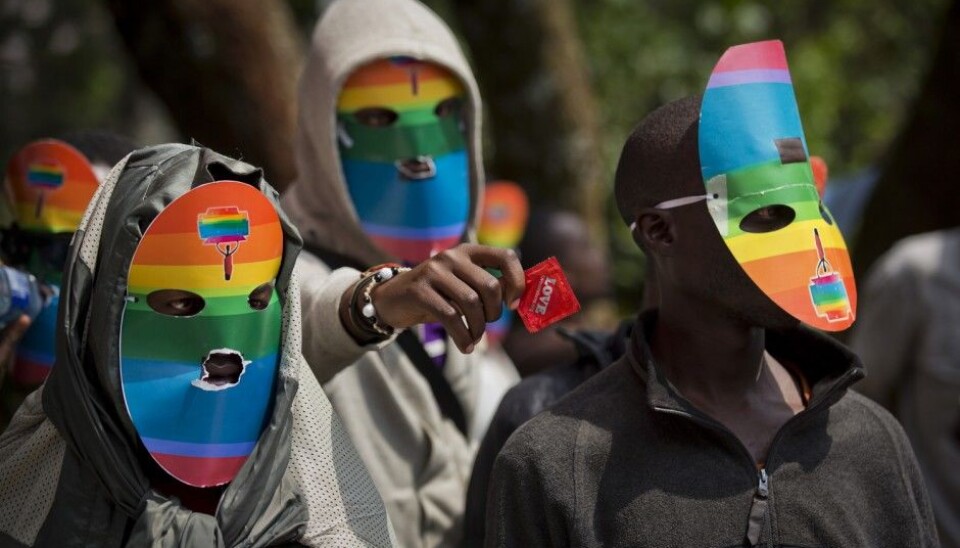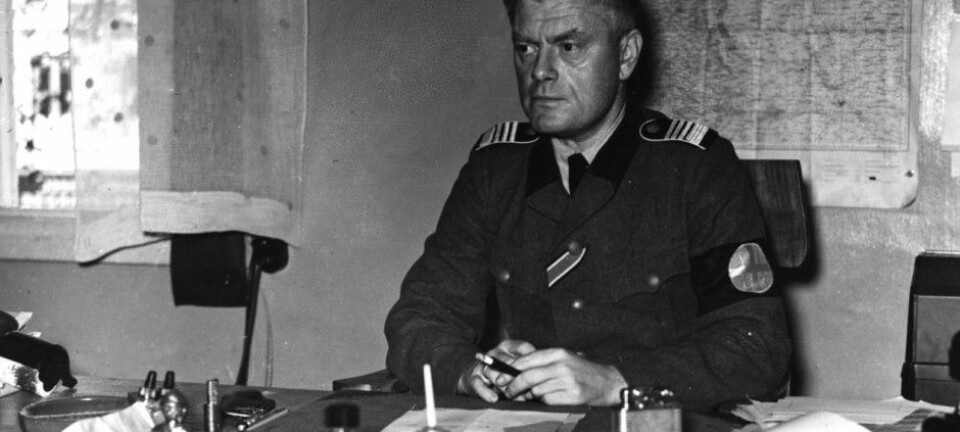
Ugandan anti-gay laws have not curbed homosexuality
Uganda has proportionately as many homosexuals as other countries, despite the threat of death sentences.
In Uganda you can risk up to 14 years in prison if the authorities find out you are in love with someone of your own sex. In 2014 the country was also on the verge of enacting legislation that would sentence homosexuals to lifetime incarceration.
A new study from Lund University in Sweden has found that such horrific legislation has not led to less homosexuality than in other countries.
One in five attracted
One in five persons had been sexually attracted to persons of their own sex and one in three had been in love with someone of their gender, according to a questionnaire of nearly 3,000 anonymous university students in southwest Uganda, recently published in the journal PLoS One.
From six to eight percent of the men and ten to sixteen percent of the women in the study had at some time in their lives had such homosexual encounters.
“We were surprised by the results. These figures are equivalent to the situation in most other countries of the world,” says associate professor Annete Agardh of Lund University in a press release.
The researcher thinks homosexuality might be even more prevalent in the country than the study indicates.
“Although the survey was anonymous, the intense anti-gay propaganda in Uganda can have frightened some from answering truthfully,” says Agardh.
Public condemnation
Homosexuality has been outlawed in Uganda since colonial times, but in 2009 a bill proposed making homosexual activities a capital crime. The law would also make it punishable to refrain from notifying the authorities if one had proof that other citizens were homosexuals.
After the law was signed by the country’s controversial President Yoweri Museveni in 2014, the initial stipulation of the death sentence was reduced to life imprisonment. Shortly afterwards, the law was struck down as unconstitutional by the Ugandan Supreme Court.
The culture is known to be exceptionally prejudiced against lesbians, gay men, bisexuals and transsexuals, attitudes that are also transmitted by the authorities.
Presidet Musevani has condemned homosexual activities as morally contemptible and was one of the persons who fought hardest to make even loving someone of one’s own gender punishable by death in Uganda.
Hate crimes and murders
Even though the death penalty for homosexuality was never made the law of the land, there are plenty of stories about Ugandans who have been murdered because of their sexual orientation.
In 2009 a Ugandan woman was beaten to death near Mutundwe for being a lesbian, according to the news magazine Vice.
In 2011 one of the few who dared to speak out about the perilous conditions for the LHBT community in Uganda, David Kato, was beaten to death with a hammer in Nairobi, Kenya.
According to the Rolling Stone, the activist had received an multiple death threats prior to the brutal murder. In the first half of 2014, over 160 hate-crime attacks on lesbians, gays bisexuals and trans persons were committed in Uganda, according to The Guardian.
-------------------------------------
Read the Norwegian version of this article at forskning.no









